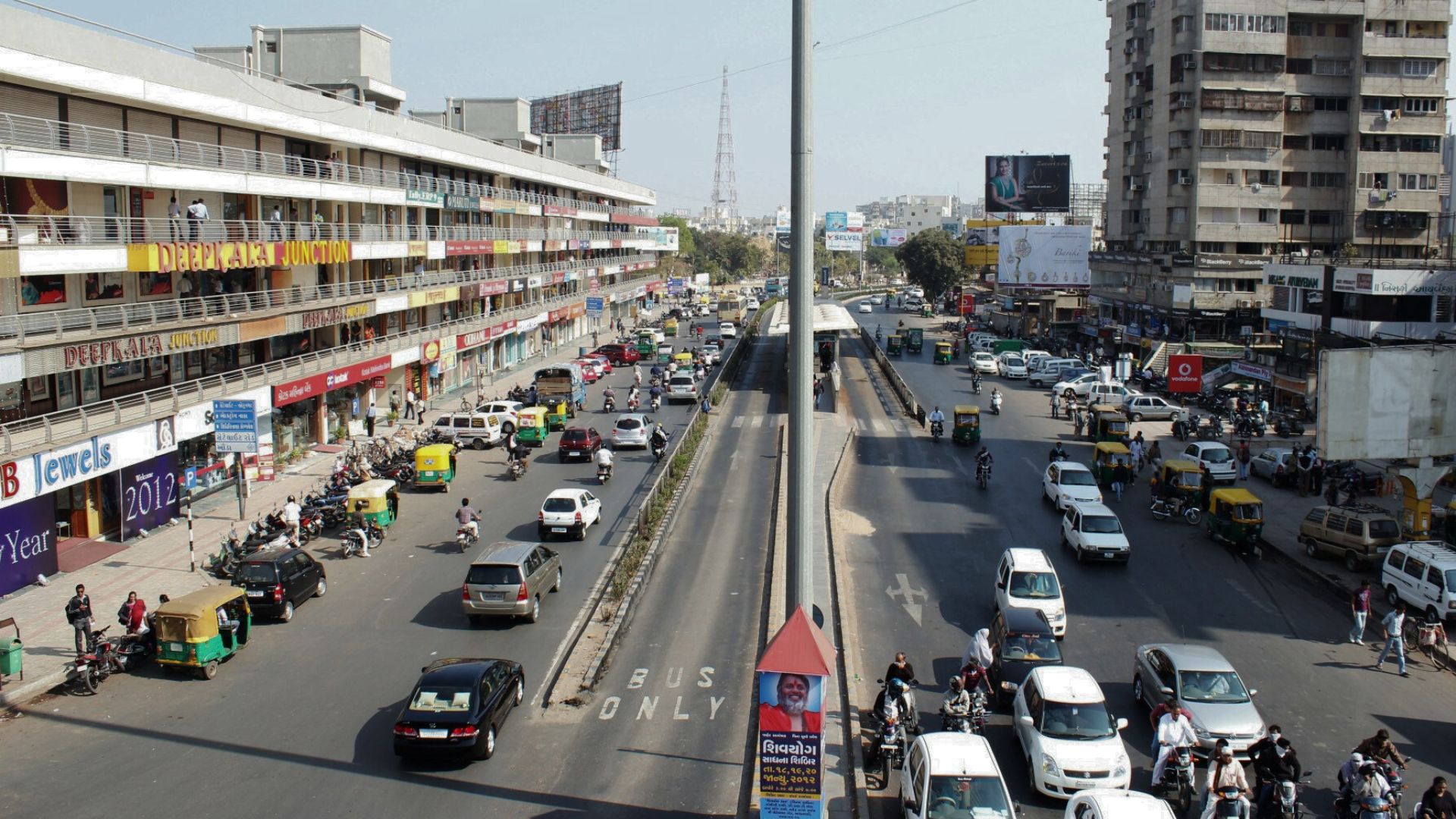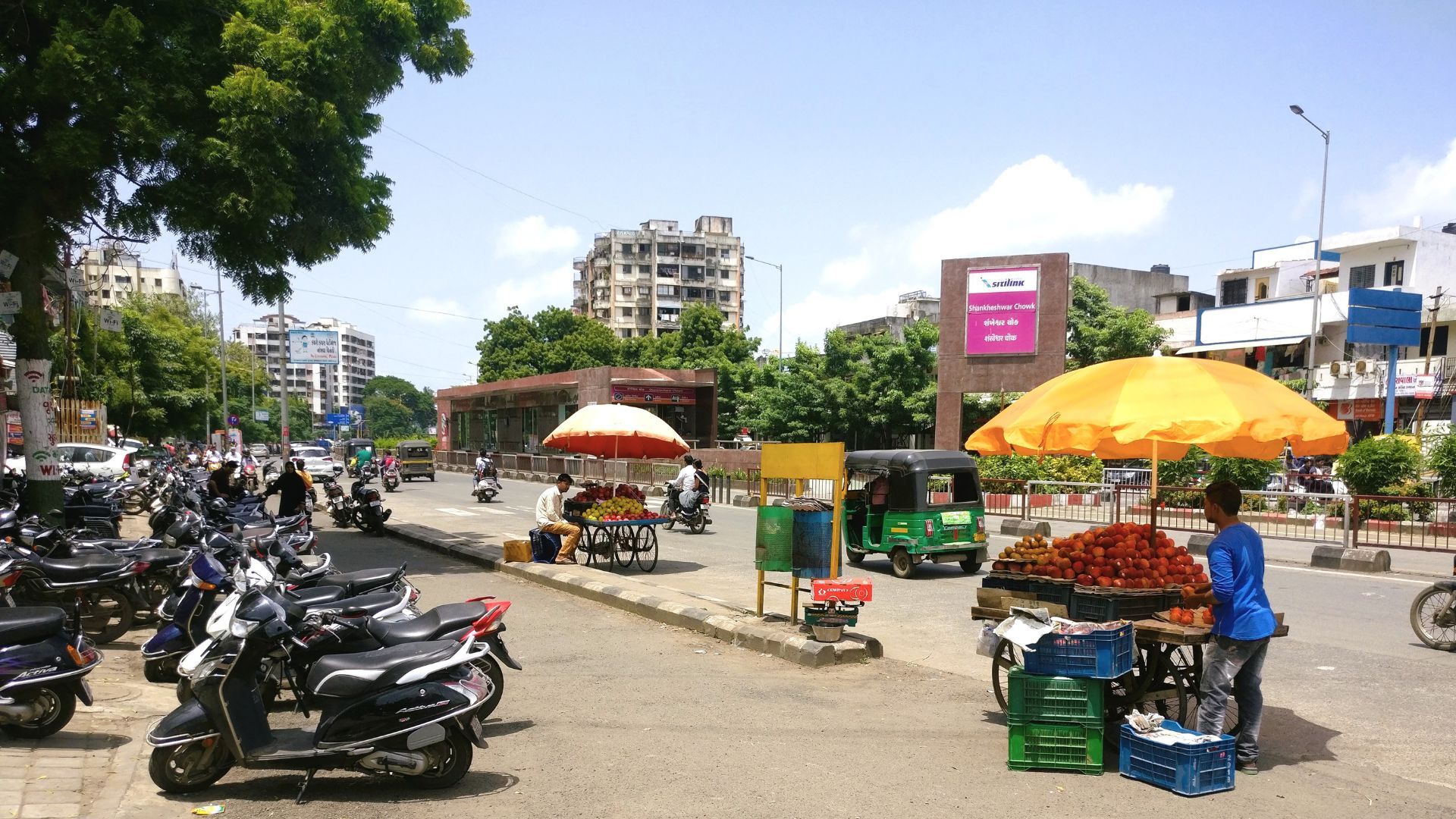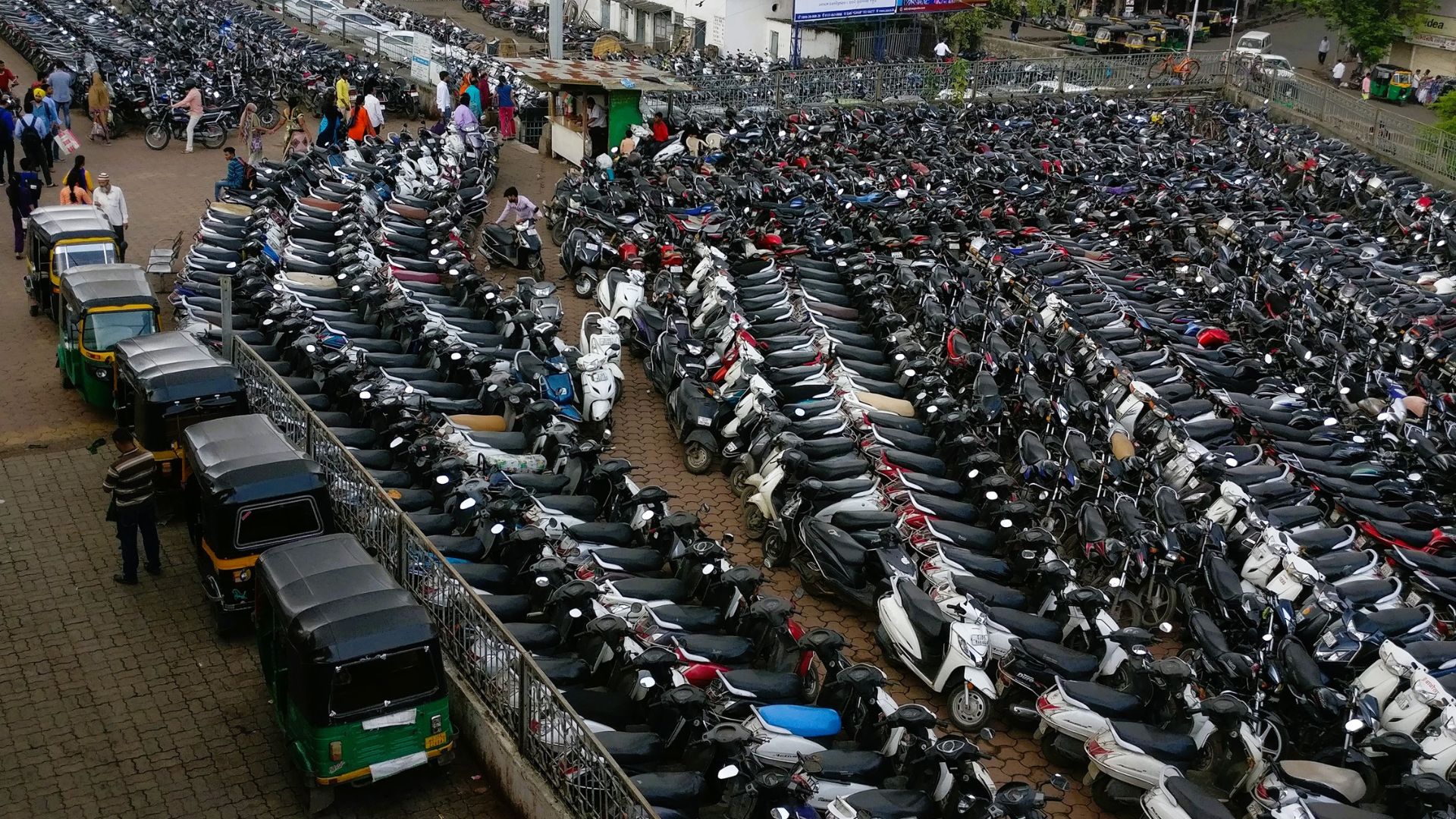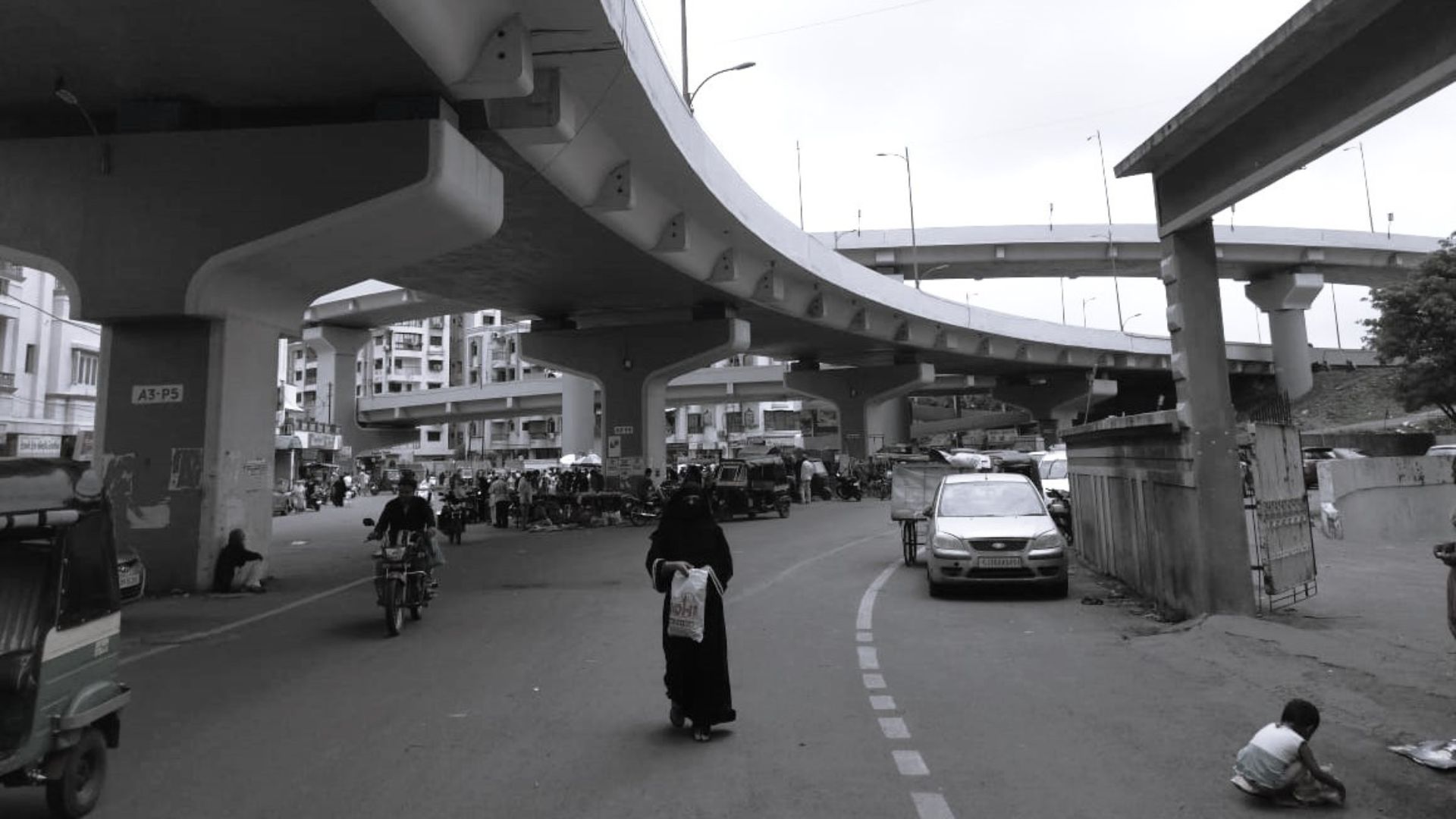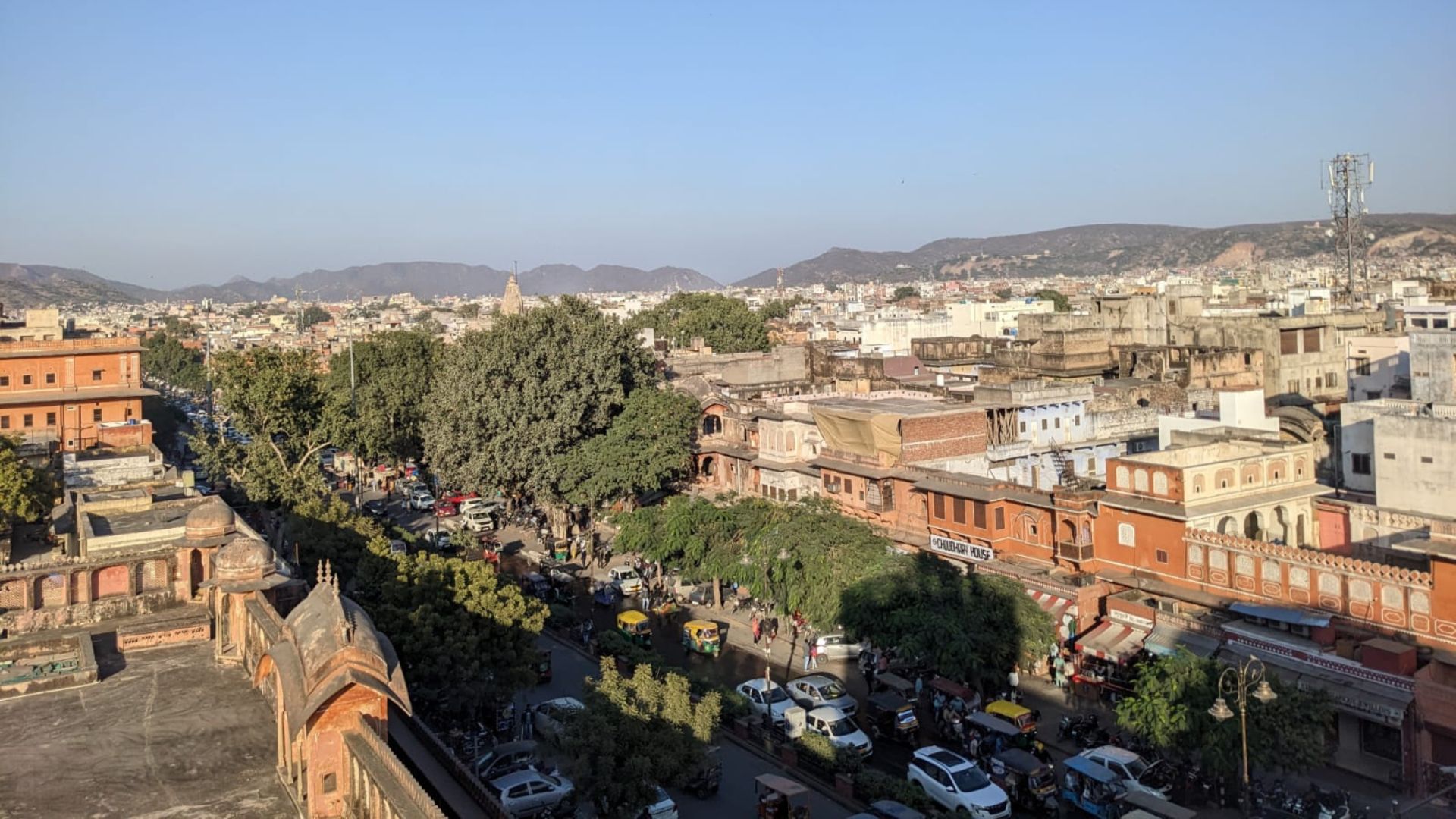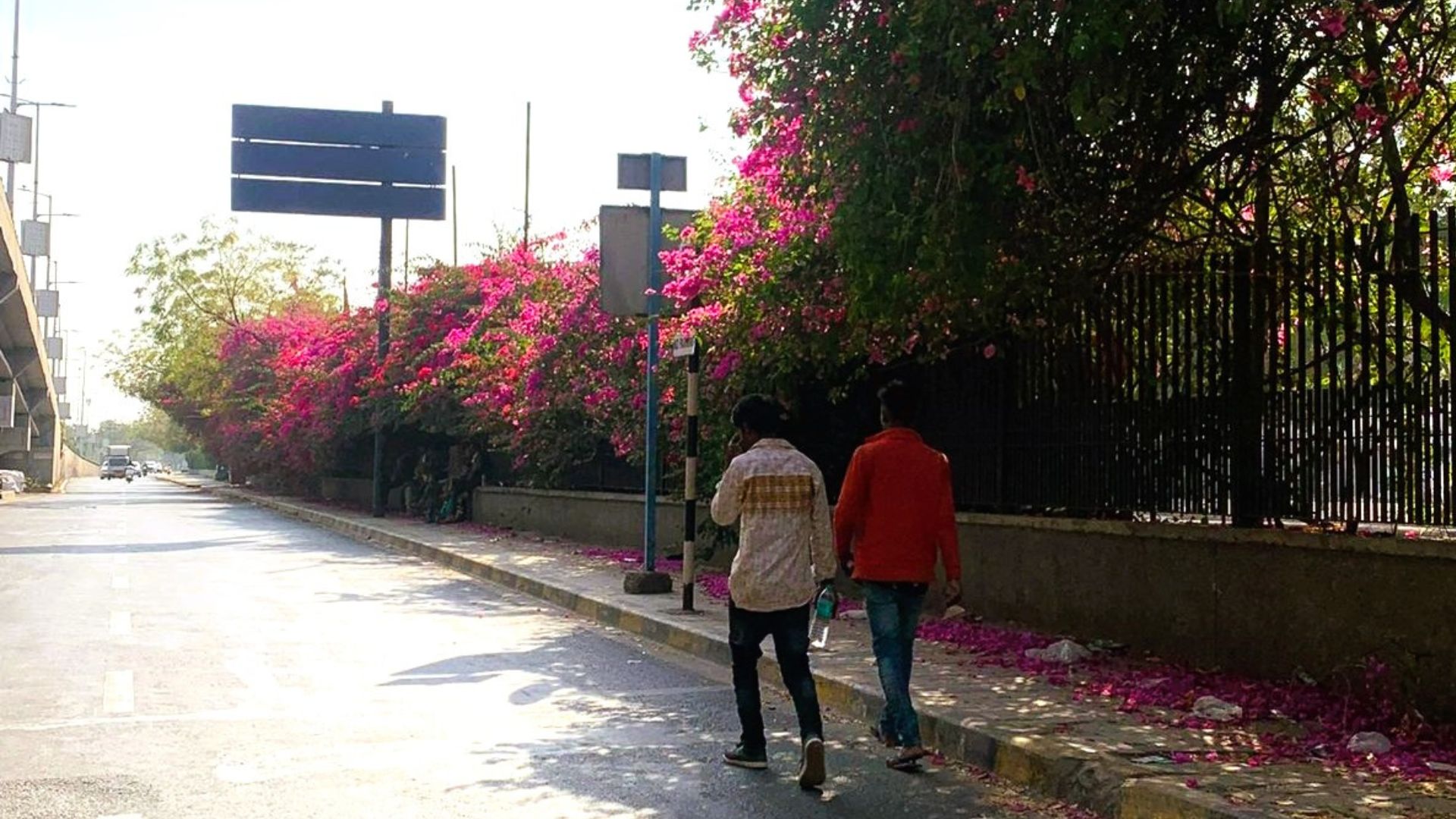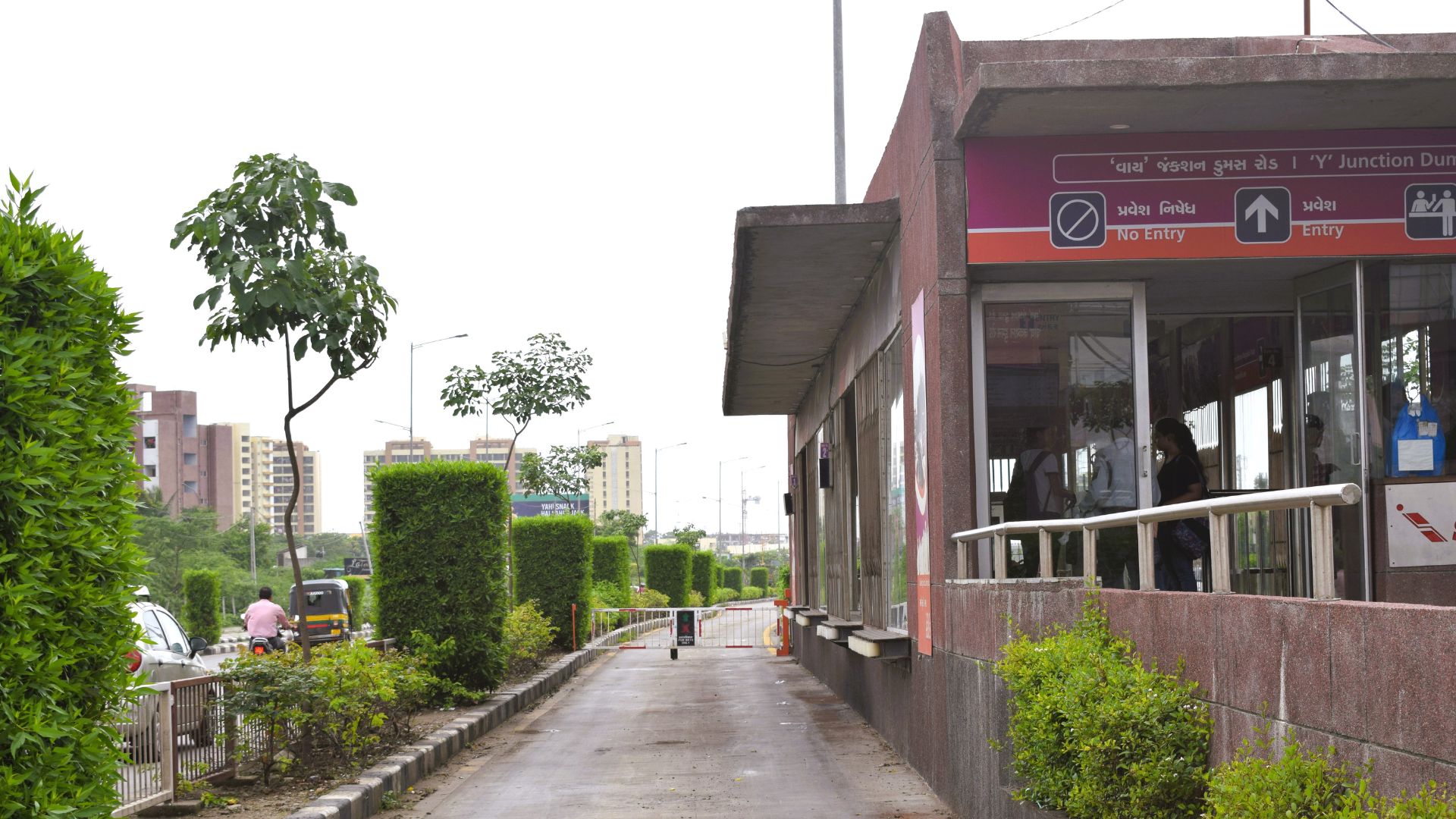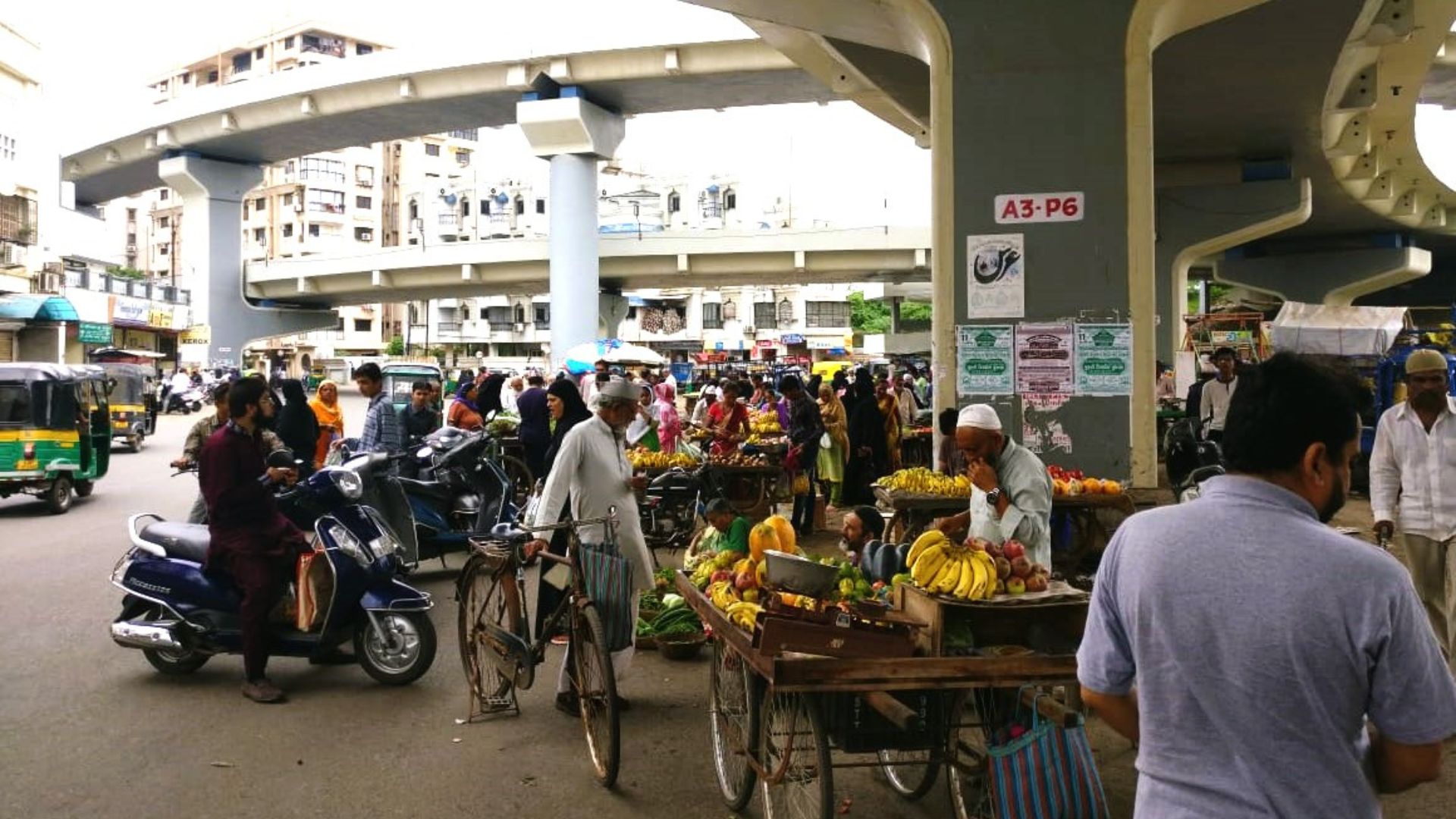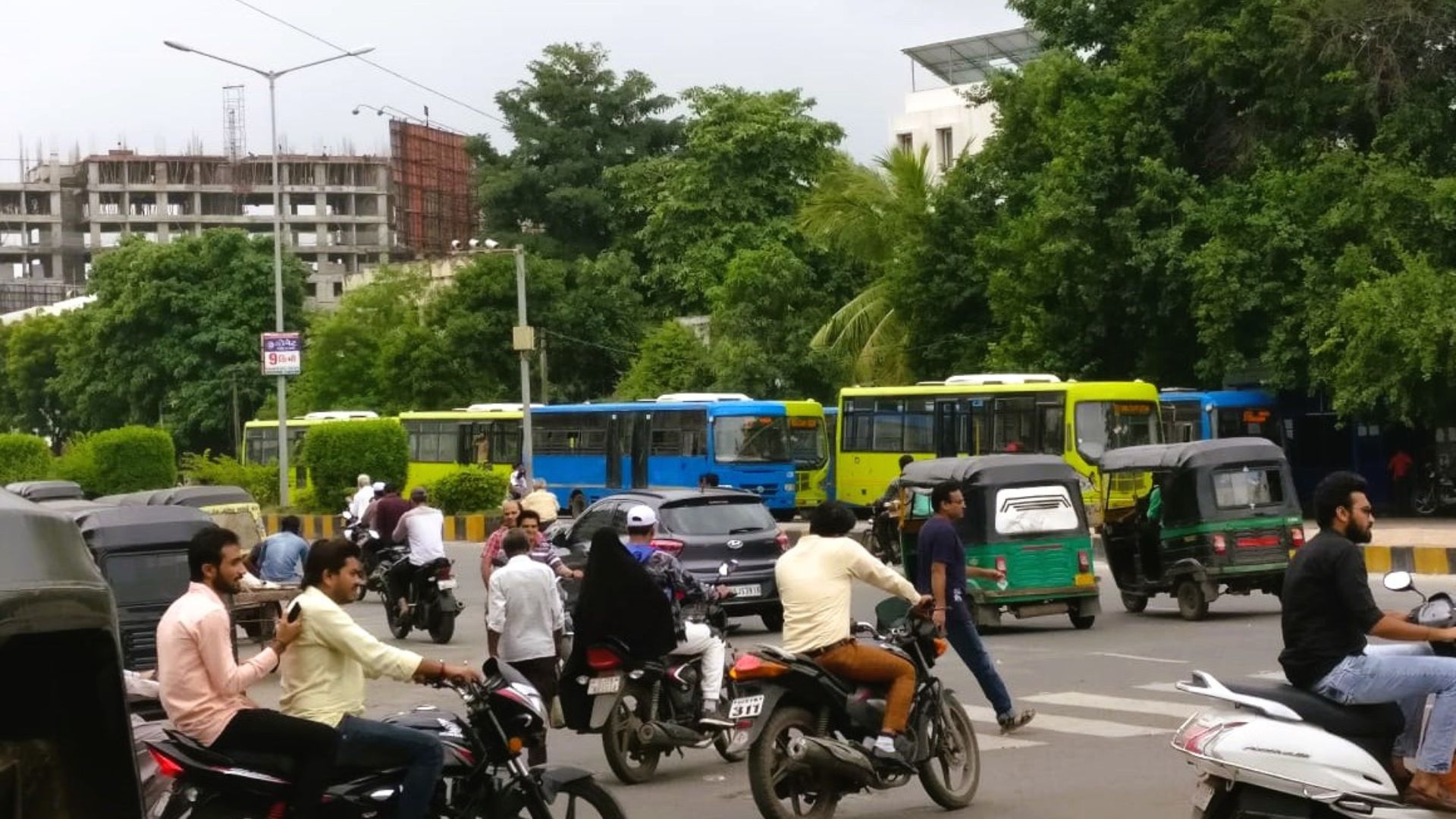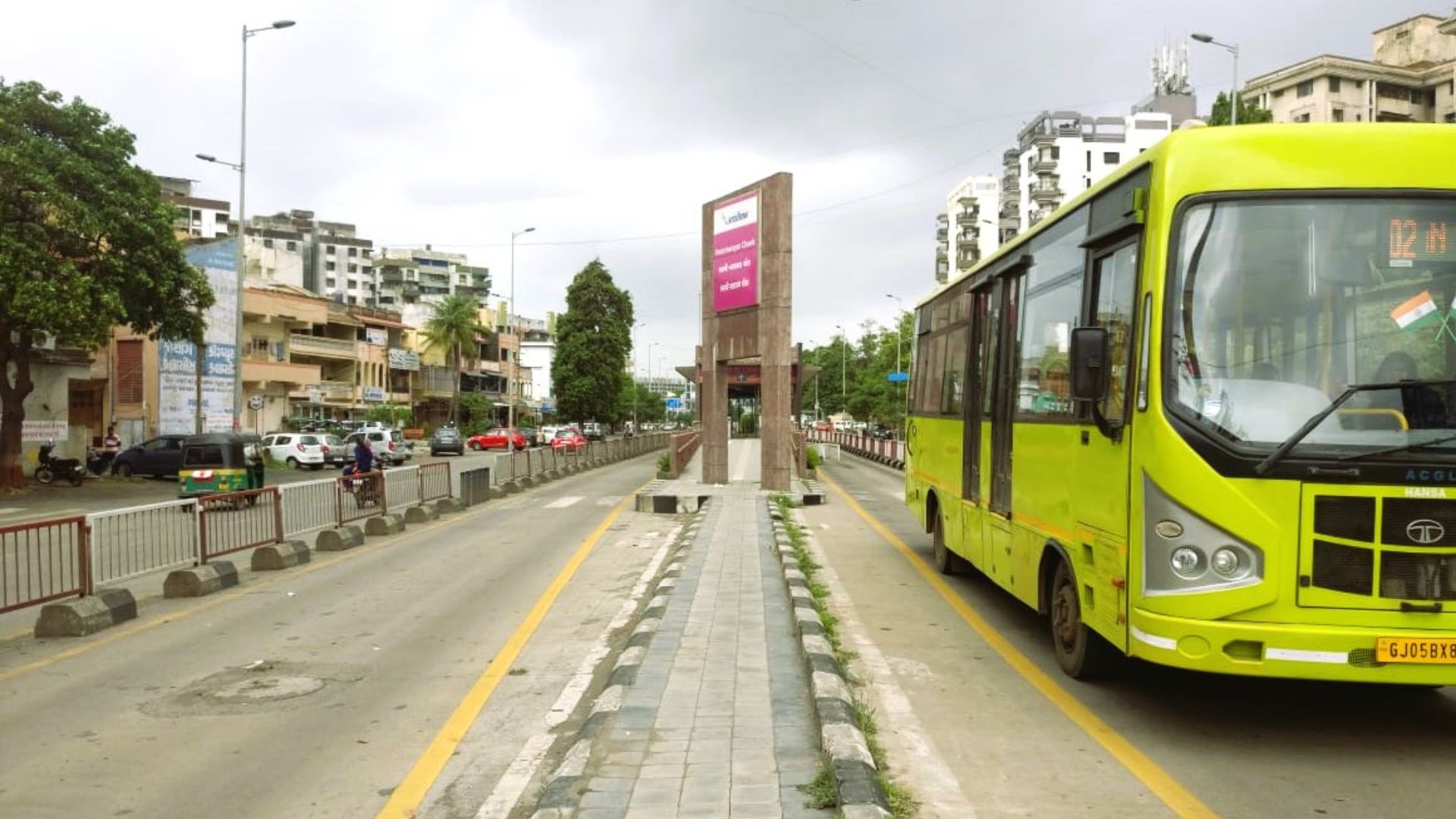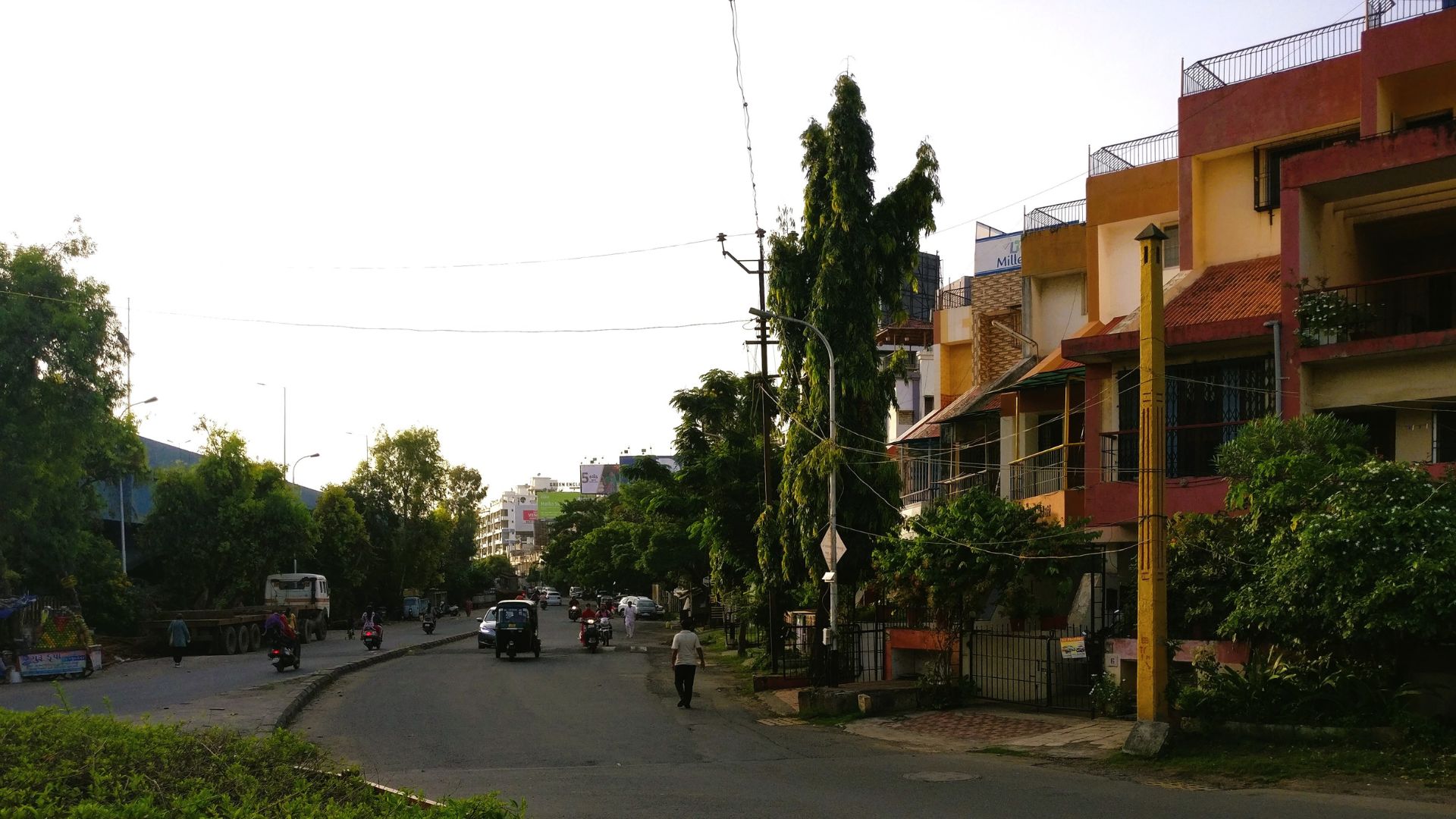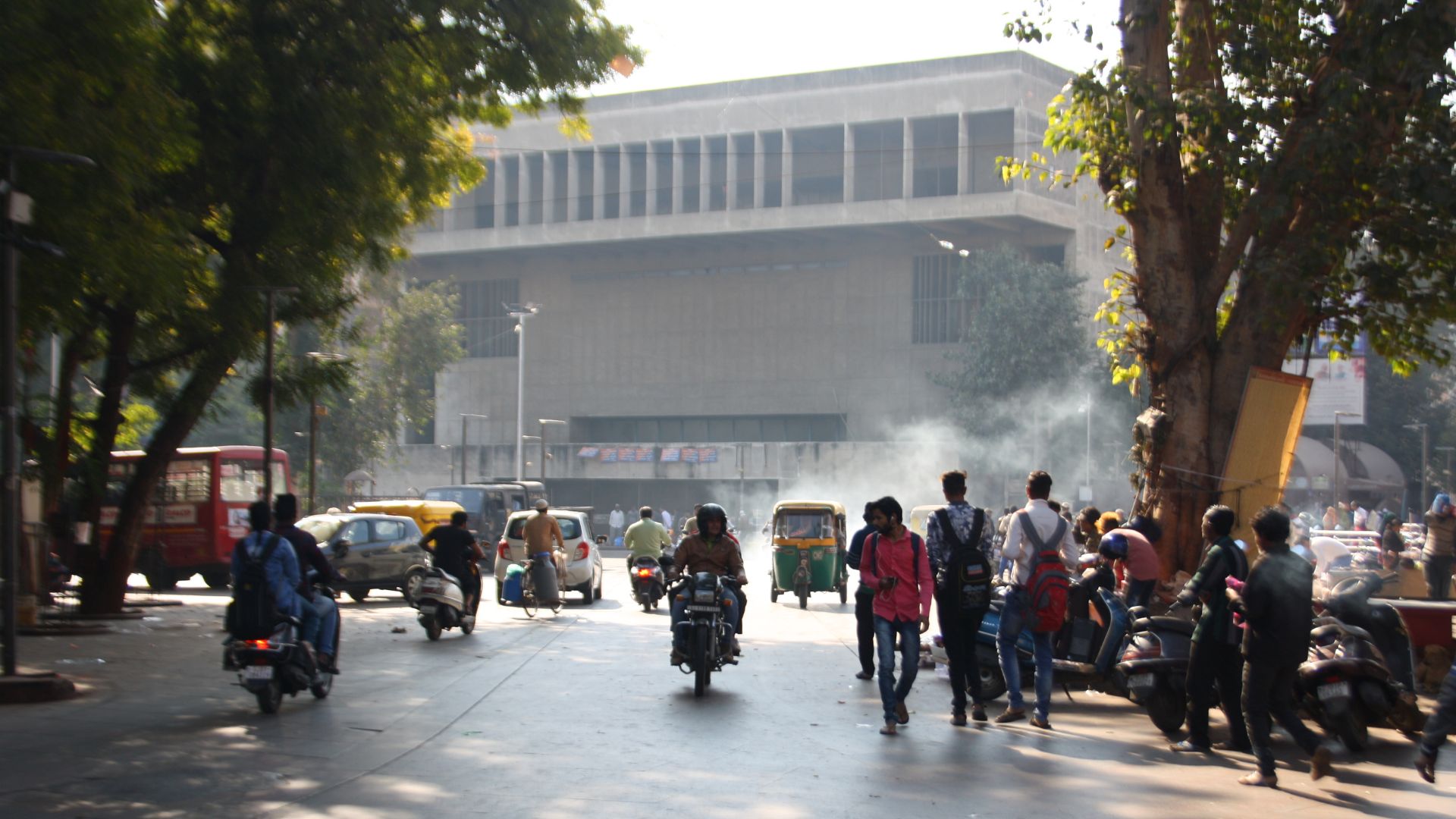
DARSHINI MAHADEVIA
Professor, School of Arts and Sciences
Darshini Mahadevia is a well-known scholar whose research focuses on equity concerns within urban policies relating to climate change adaptation, mitigation, and human and general development. She received her doctoral degree in Urban and Regional Development from Jawaharlal Nehru University. Prior to joining Ahmedabad University, she coordinated the Centre for Urban Equity and was the Dean of the Faculty of Planning at CEPT University, Ahmedabad. In particular, Professor Mahadevia’s research has focused on cities and the policies and processes of their development from an equity perspective. She argues for a bi-focal view to assess the impact of the modernist, deterministic, and top-down approach adopted in Urban Planning on the economically, socially, and politically weak segments of society and the city’s ecological resources. She is currently investigating urban data systems in the context of urban development dynamics, their sustainability, and equity. She also is a member of the High-Level Committee on Status of Women, India. Darshini has also been an Editorial Board Member of the International Development Planning Review - Journal of the University of Liverpool, Environment, and Urbanization - Asia, since 2019, and Singapore Journal of Tropical Geography since 2017. She has been an Advisory Board Member for Safetypin and WRI Ross Centre Prize for Cities since 2020. Darshini has over 120 publications as books, book chapters, and journal articles.

MINAL PATHAK
Associate Professor,Global Centre for Environment and Energy
Minal Pathak is a Senior Scientist with the Technical Support Unit of Working Group III, Intergovernmental Panel on Climate Change (IPCC) based at the Global Centre for Environment and Energy at Ahmedabad University and the Centre for Environmental Policy. Working Group III covers climate change mitigation, i.e. methods for reducing emissions of GHG and enhancing atmospheric sinks. She was a co-author on two IPCC Special Reports – Global Warming of 1.5°C and Climate Change and Land, IPCC’s Sixth Assessment Report, and the recently published IPCC Synthesis Report. She leads the South Asia Hub of the Urban Climate Change Research Network in partnership with Columbia University’s Earth Institute. She is a Visiting Researcher at Imperial College London and has previously held a Visiting Scholar position at the Department of Urban Studies and Planning, Massachusetts Institute of Technology, and Universiti Teknologi Malaysia, Johor Bahru. From 2016-17, she was Associate Professor and Head of the Doctoral Programme at CEPT University, Ahmedabad, and Assistant Professor at CEPT University from 2011-2016. Her research focuses on climate change mitigation strategies for urban settlements, transport, and buildings and their co-benefits/interlinkages with development. Her publications focus on low-carbon scenarios for India, demand-side mitigation actions, and their interlinkages with SDGs. Professor Pathak holds a PhD in Environmental Science.
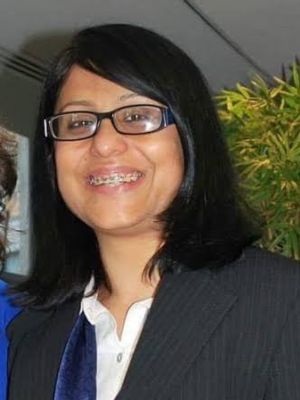
CHANDRIMA MUKHOPADHYAY
Chandrima Mukhopadhyay completed her doctorate at the School of Architecture, Planning, and Landscape, Newcastle University, UK. She has been part of the AESOP-YA (Association of European Schools of Planning - Young Academic) network from 2011 until 2021. She is currently the coordinator of the Global South and East thematic group of AESOP. Since 2022, she has joined the Regional Studies, Regional Science journal editorial board. Her teaching and research interests include the role of the private sector in infrastructure delivery and urban development, governance, megaprojects, urban transport, and urban finance. She has taught at the Faculty of Planning, CEPT University, India, and received the Outstanding Reviewer award from International Development Planning Review, Liverpool University. She has also been a visiting scholar at the MIT-UTM Malaysia Sustainable Cities Program (2017-2018). She is the Senior Research Associate at the School of Arts and Sciences, Ahmedabad University, India, for the OPTIMISM project.

SAUMYA LATHIA
Saumya is a Research Associate at the Global Centre for Environment and Energy at Ahmedabad University. Prior to her engagement at the Centre, she worked for the OPTIMISM project at Ahmedabad University for nearly three years. Along with her engagement in key research tasks at OPTIMISM, she served in an administrative, financial, and compliance-reporting capacity. With an ambition to pursue a career in equitable and sustainable development, Saumya has served as an Element Scientist & Contributing Author for The Third Assessment Report on Climate Change and Cities (ARC3.3), a Data & Research Analyst at Los Angeles Homeless Services Authority (LAHSA), a Research Associate at Sol Price Center for Social Innovation (CSI) and a Research Assistant at CEPT’s Center for Urban Equity (CUE). Her research interests lie at the urban planning and climate science intersection, especially urban resilience, equity, and informalities challenges. Saumya holds a master’s in Planning from the University of Southern California’s Sol Price School of Public Policy, specialising in Sustainable Development, and a bachelor’s degree in Planning from CEPT, Ahmedabad. She received a prestigious scholarship at USC to study comparative public policy and administration approaches in the European Union and the US. Similarly, at CEPT, she received the UKIERI scholarship to study comparative urban development and planning in the UK and India. Saumya also received the Best Gender Thesis Award in 2017 for her undergrad thesis, Gender and Public Spaces: A Case Study of Sabarmati Riverfront. Saumya is trained in the Indian classical dance form Bharatnatyam and is an avid reader of Indology, Indian mythology, and Philosophy.

KANIKA GOUNDER
Kanika is Programme Associate- Electric Mobility, with the Sustainable Cities and Transport programme at the World Resources Institute (WRI) India. At WRI, she works on sustainable mobility, electric mobility, and last-mile connectivity projects. Her work involves in-depth research writing, data analysis, and mapping. Prior to joining WRI India, Kanika worked as a Research Associate for the OPTIMISM project at Ahmedabad University. During her time at the University, she worked on the comprehensive assessment of the impact of urban transport on SDGs. She contributed to core secondary and primary data analyses, mapping, writing reports and research papers, and developing conference presentations. Preceding this, Kanika worked as an Associate Transport Planner at The Urban Catalysts, leading research projects on gender-responsive urban transportation. In addition, her internship at The Urban Lab enhanced her knowledge of designing streets and junctions. Kanika holds a master’s degree in Urban and Regional Planning specialising in Transportation Planning and a bachelor’s degree in Planning from CEPT University. Her areas of interest are electric mobility, sustainable development, public transport planning, transportation research, design, and policymaking. Her skills include high-quality mapping, data analysis, and visual communication. Kanika is passionate about music and is trained in Indian classical vocals. In her free time, she enjoys singing and playing the ukulele.
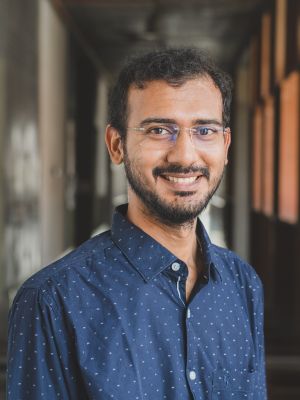
AMITKUMAR DUBEY
Amitkumar Dubey is a doctoral candidate at Ahmedabad University’s Global Centre for Environment and Energy. While Amit’s research interests include sustainable development, climate mitigation, nature- and technology-based solutions, and emission modelling, he is keenly interested in Energy Transitions, Net-Zero Emission Systems, and Carbon Capture and Storage. Before enrolling in the doctoral programme, Amit worked as a Research Associate at the OPTIMISM project. He was involved in critically assessing the data gaps in prepared outputs, systematic literature review and analysis of extreme weather events’ impacts on urban transport, systematic literature review of urban transport’s relationship with SDGs, and comparative analysis of transport planning in India’s 100 Smart Cities. A graduate of CEPT University with a Master of Technology in Environment Engineering, Amit also has over six years of experience as an independent consultant in the Construction Project Management field. For two years, Amit also served as an Assistant Professor for undergraduate courses at the Institute of Architecture, Patan, and PP Savani University, Kosamba. His strengths include project management, communication, and technical skills, aided by curiosity and willingness to learn. He prefers listening to music and engaging with plant and animal life every chance he gets.

BANDISH PATEL
Bandish Patel is a climate change and sustainability enthusiast with close to a decade of experience in managing and implementing projects related to low-carbon urban development, low-carbon mobility, building energy efficiency, clean energy transitions, and SDGs in cities across India. He has an MBA in Energy and Environment from Symbiosis Institute of International Business and works as a Manager, Urban Climate Action, at Janaagraha, where he is primarily involved in the implementation of the Clean Energy Pathways for Low-Income Settlements in India programme. His work involves researching aspects of the cleanliness of energy sources, deepening the understanding of energy choices and usage patterns amongst the low-income settlements in Odisha, climate and policy assessment of Odisha, and developing pathways for adopting clean energy among the urban poor. He was recently associated with the OPTIMISM project at Ahmedabad University, which focused on addressing SDGs through low-carbon transportation in two Indian cities. Previously, he worked as a Project Officer at ICLEI South Asia. He worked on urban climate action planning projects, developing GHG Emissions Inventories, and piloting RE & EE projects at the city level. He has worked with nearly 15 ULBs in India and diverse stakeholders, including local communities, government officials at various levels, academia, and international NGOs and funding agencies. Bandish likes to read books and play badminton, and keeps a keen interest in Ayurveda in his free time.








